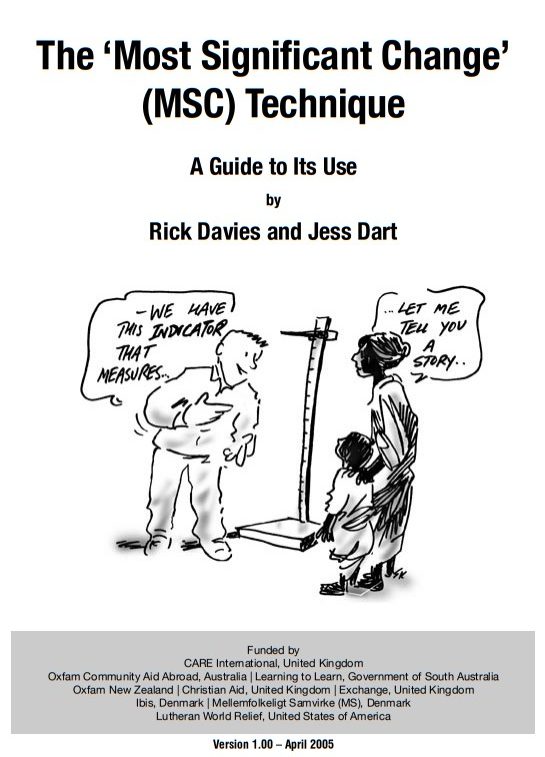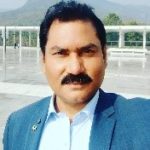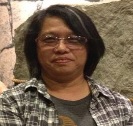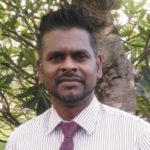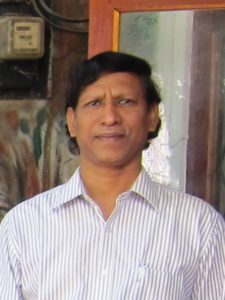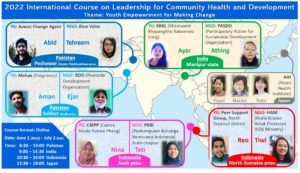Program “Learning on diverse views and values of people in health and development”
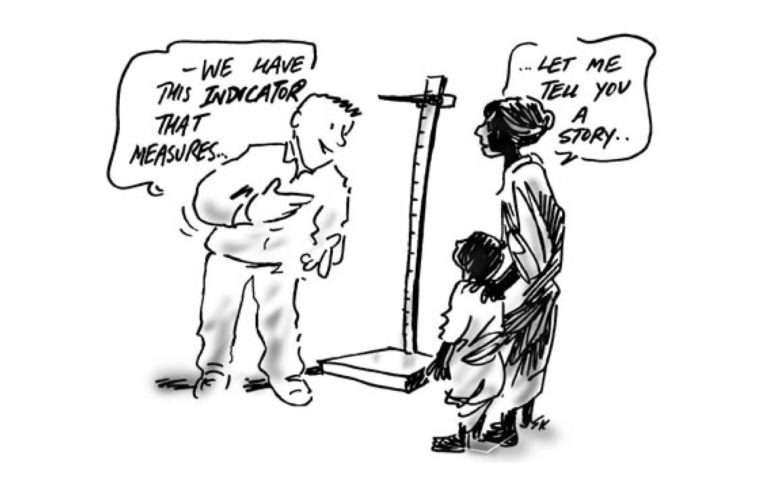
Period: March – November 2022 Format: Online & Field activities
Background
AHI Alumni implement projects in which they facilitate the marginalized people to take the initiative in tackling issues that affect their health and lives in collaboration with the local governments and other stakeholders. Some outcomes occur outside the project log-frame, and some cannot be captured by pre-defined indicators. These outcomes should be identified and captured to assess and improve the performance of the project, which would result in enhancement of people’s participation and empowerment towards social change.
Objective
To develop participatory monitoring and evaluation skills* to capture the unexpected outcomes and qualitative changes brought by our community-based health and development programs.
*Most Significant Change (MSC) technique is used in this program.
For the details, refer to Unicef India’s MSC short movie, or Download MSC guide by Rick Davies and Jess Dart here.
Members
Pakistan
Local Initiative for Empowerment Alliance (LIFE Alliance )
Philippines
Davao Medical School Foundation Inc. Institution of Primary Health Care (DMSF-IPHC)
Program
March - April 2022

Phase 1: online workshop
Understand the basics of MSC and make a plan to apply MSC in their projects.
Session 1 - March 1, 2022
Session 2 - March 5, 2022
Session 3 - March 25 & 28, April 4 & 12, 2022
Facilitator: Mr. Hiroshi TANAKA, Participatory Evaluation Center
May - June 2022

Phase 2: field activity
Conduct the MSC evaluation in each project.
July 2022 - March 2023
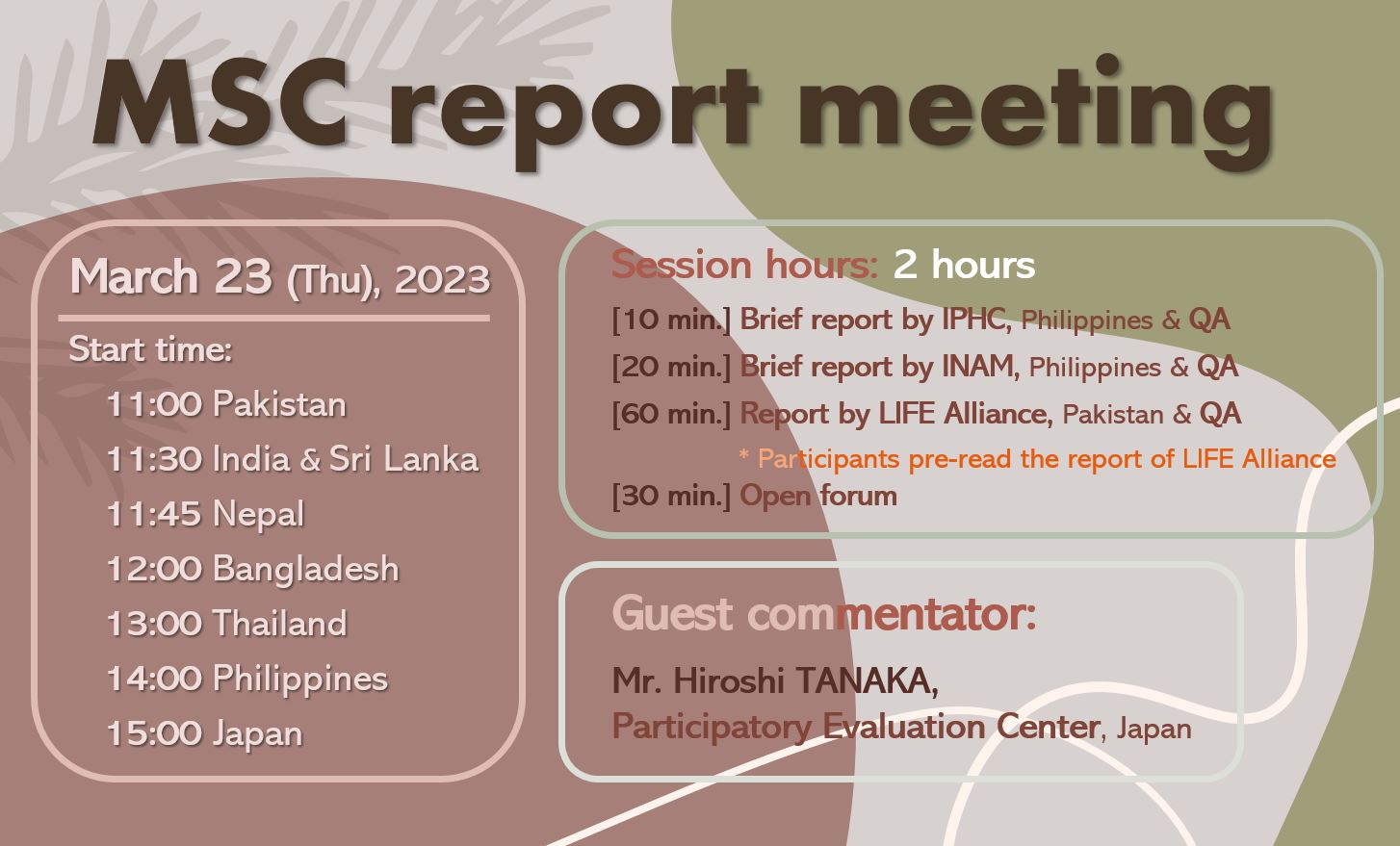
Phase 3: online report meeting
Reflect their own MSC evaluation and share the learning with other members.
> Report by IPHC (Sep.1, 2022)
> Report by LIFE-Alliance (Mar. 23, 2023)
> Report by INAM (to be determined)
February - March 2023
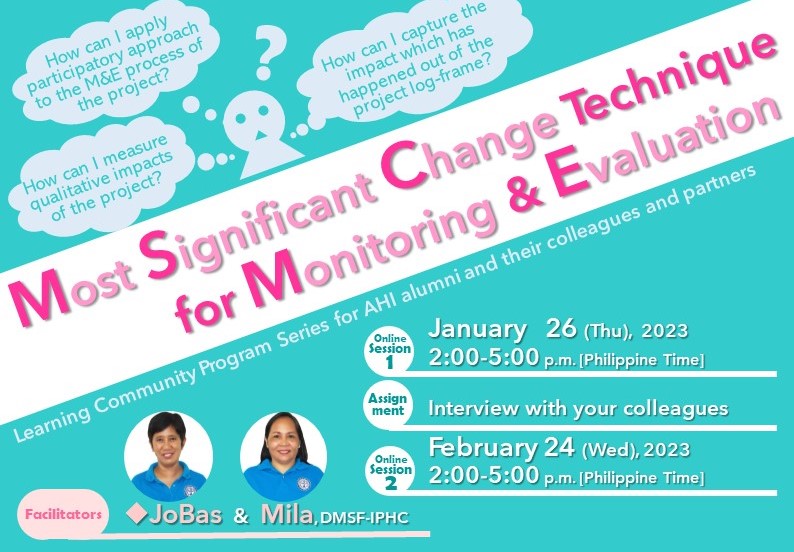
Phase 4: online workshop
Share their learning with other alumni who are interested in conducting MSC evaluation.
Session 1 - January 26, 2022
Session 2 - February 24, 2023
Facilitator: Ms. Josephine Alindajao & Ms. Mila de los Santos Chavez
*The same workshop could be organized upon the request of alumni. If you are interested, please contact AHI.
Useful Tips in the MSC Processes based on IPHC experience
Click each tip to see more.
It can only be one question that will generate a lot of answers. The MSC team will just classify the answers of the story tellers based on the domains agreed before the start of the MSC. The story telling activity may last from 45 minutes to 1 hour. The interviewer must allow a free flowing sharing of the experiences of the story tellers. The MSC team will do some probing questions (What, When, Why, How) to validate the reasons and factors of the impact mentioned and thereby substantiate the story. MSC interviewer should be a good/emphatic listener to capture the story well.
IPHC intentionally chose story tellers who are involved in the CES Project and those that can represent their sector (PO, Community members, Sitio (village) officials. In this manner, they can verbalize easily the changes or difficulties they saw and experience in the program implementation.
This can be agreed upon by the members of the MSC team. Criteria may include impact on women and children, improved leadership skills, extent/coverage of population who benefitted the program and others. In the Feed backing to the community, the criteria can be presented to inform the community as the basis of the selection of the MSC story.
MSC is a simple technique but requires patience and commitment on the part of the interviewer. It will take a lot of time to do the entire process from social preparation, interviewing, writing of stories, selection and feed backing, therefore proper time management is very crucial. It is also important to be patient with the story tellers as sometimes they have difficulty recalling the changes/impact of the program.
The MSC team should commit to the MSC process from beginning to the end. Everyone should geare towards one direction and that is to complete the process to see the results and gain insights and learning from the process. Considering that MSC would be additional tasks to the MSC team over their regular projects, one has to commit time and effort in the different steps of the MSC process, especially that all members have multiple responsibility in the process, from being an interviewer, story writer, in consolidating & selecting the story, doing the feedback and report writing.
- Categories
- Learning Community

